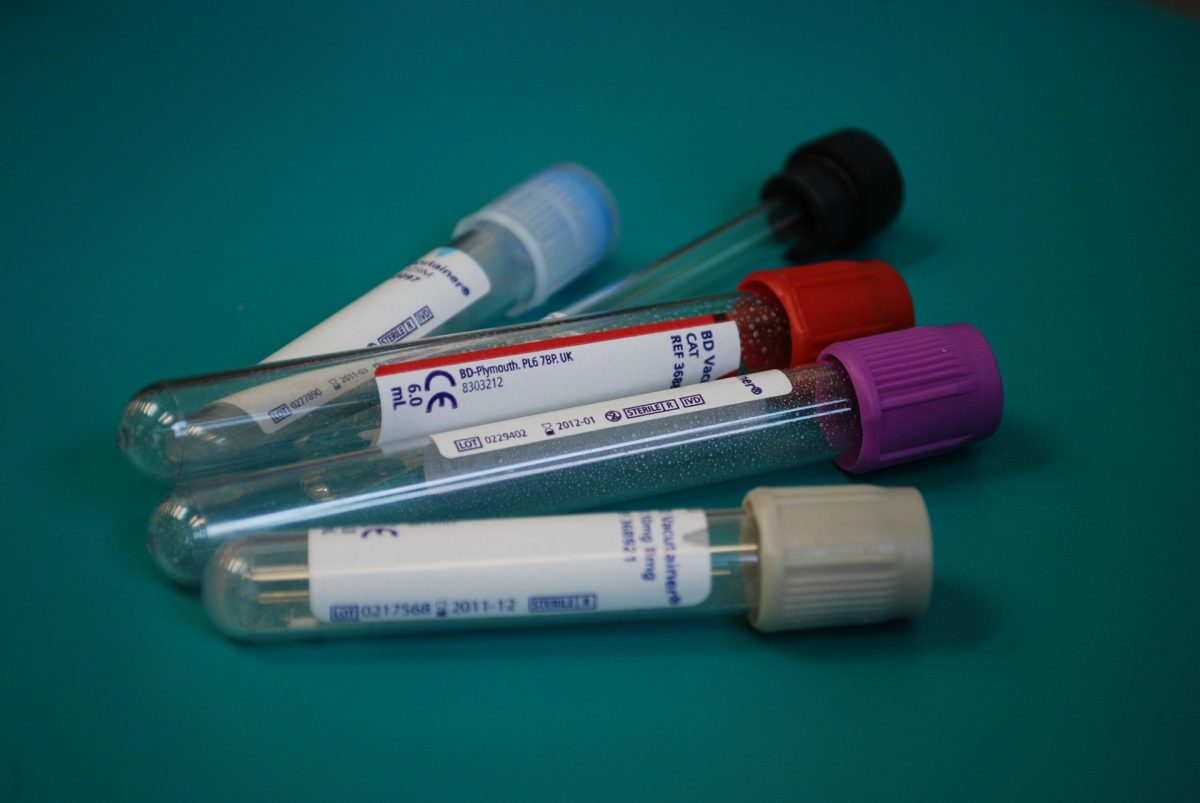
Penn State Health Hospitals Now Using Plasma from Recovered Patients as Possible Treatment for COVID-19
Mount Sinai Health System via Newswise – Penn State Health has enrolled its first COVID-19 patient into an experimental treatment program called convalescent plasma therapy.
Newswise — Access to this treatment is available through an expanded access program led by Mayo Clinic and coordinated by the U.S. Food and Drug Administration (FDA). Patients at both Penn State Health hospitals are being screened for eligibility to receive this experimental treatment.
Convalescent plasma therapy involves giving patients an infusion of plasma – the liquid portion of the blood – from people who have recovered from an infection with SARS-CoV-2, the virus that causes COVID-19.
“Plasma contains antibodies that may help patients being treated for COVID-19 recover,” said Dr. Melissa George, interim chair of pathology at Penn State Health Milton S. Hershey Medical Center. “Those antibodies may give a patient’s immune system a boost until they can develop their own immune response.”
An expanded access program allows access to certain investigational new drugs or therapies, like convalescent plasma, and is made available outside of clinical trials. The focus is to provide treatment whereas a clinical trial is focused on research and may involve a patient not receiving the treatment being studied. These programs are sometimes necessary when the presence of a disease is classified as life-threatening or severe and there is no current or readily available off-label intervention. Just like a clinical research trial, patient participation is optional and they must provide informed consent.
“Faculty in the Department of Medicine and the staff at the Milton S. Hershey Medical Center are working tirelessly at the frontline to provide the best care possible utilizing the latest advances in therapy for COVID-19 patients that come to our hospital,” said Dr. Thomas Ma, professor and chair of the Department of Medicine at Penn State College of Medicine. “Convalescent plasma therapy gives frontline providers another tool that may potentially aid in the treatment of critically ill COVID-19 patients.”
Dr. Edward Gunther, a professor of medicine at Penn State College of Medicine and a researcher at Penn State Cancer Institute, is overseeing the program and has been working with physicians to identify COVID-19 positive patients who may be eligible to participate. He works closely with Dr. Karen Krok, who oversees the clinical aspects of requesting and delivering convalescent plasma for eligible COVID-19 patients and Dr. Jennifer Kraschnewski who is offering research support to the team. In addition, Penn State University is a member of the National Center for Advancing Translational Sciences’ Trial Innovation Network through the Penn State Clinical and Translational Science Institute and is reviewing investigational research opportunities for the use of convalescent plasma to treat or prevent COVID-19.
“At first we will offer this treatment to patients with severe or life-threatening COVID-19,” Gunther said. “As more patients around the country recover and access to plasma from those who have recovered increases, we hope to expand the treatment to all patients hospitalized with COVID-19.”
Eligible participants must be at least 17 years of age or older with a laboratory-confirmed diagnosis of infection with SARS-CoV-2, the virus that causes COVID-19. Patients hospitalized at the Milton S. Hershey Medical Center and Penn State Health St. Joseph Medical Center will have access to this treatment.
“As part of a university health system, Penn State Health St. Joseph’s connection to Hershey Medical Center allows us to be able to bring treatments like this to the Berks market faster than if we were an independent hospital,” said Dr. Jeffrey Held, vice president for medical affairs at Penn State Health St. Joseph.
The concept of using blood from recovered patients to treat currently ill patients has been around for almost a century. During recent global outbreaks, researchers investigated this approach in the coronaviruses that caused severe acute respiratory syndrome (SARS) and Middle East respiratory syndrome (MERS). Convalescent plasma had positive effects against these coronaviruses as well as against H1N1 influenza, but it was not effective against Ebola, which is a different type of virus.
Two small research studies conducted in China early this year show that convalescent plasma may help patients recover from COVID-19. Some of those patients were also treated with other experimental drugs, like antivirals – making it hard for medical experts to understand the precise effect of convalescent plasma in their recovery. Based on current knowledge, the FDA has not been able to say whether convalescent plasma will be an effective treatment against COVID-19. While plasma transfusions are generally considered safe for most patients, the risks of convalescent plasma in the context of COVID-19 are not known.
Potential donors who have a positive test result for SARS-CoV-2 and have been symptom-free for 14 days can register with the Red Cross. Due to low availability of testing, it may be up to 28 symptom-free days for a sample to be collected in the absence of a confirmed negative test. Penn State Health patients who may be eligible to donate their plasma towards this effort are being contacted by medical and nurse practitioner students from Penn State College of Medicine and Penn State College of Nursing, under the supervision of internal medicine physician Dr. Chris Sciamanna. Students are helping those participants register with the Red Cross. Blood banks around the country are working to put mechanisms in place to test patients who think they may have had COVID-19 and recovered but were never tested. In the meantime, potential donors are asked to fill out a donor form with the Red Cross.
This article has been modified. To read the original article click here.






